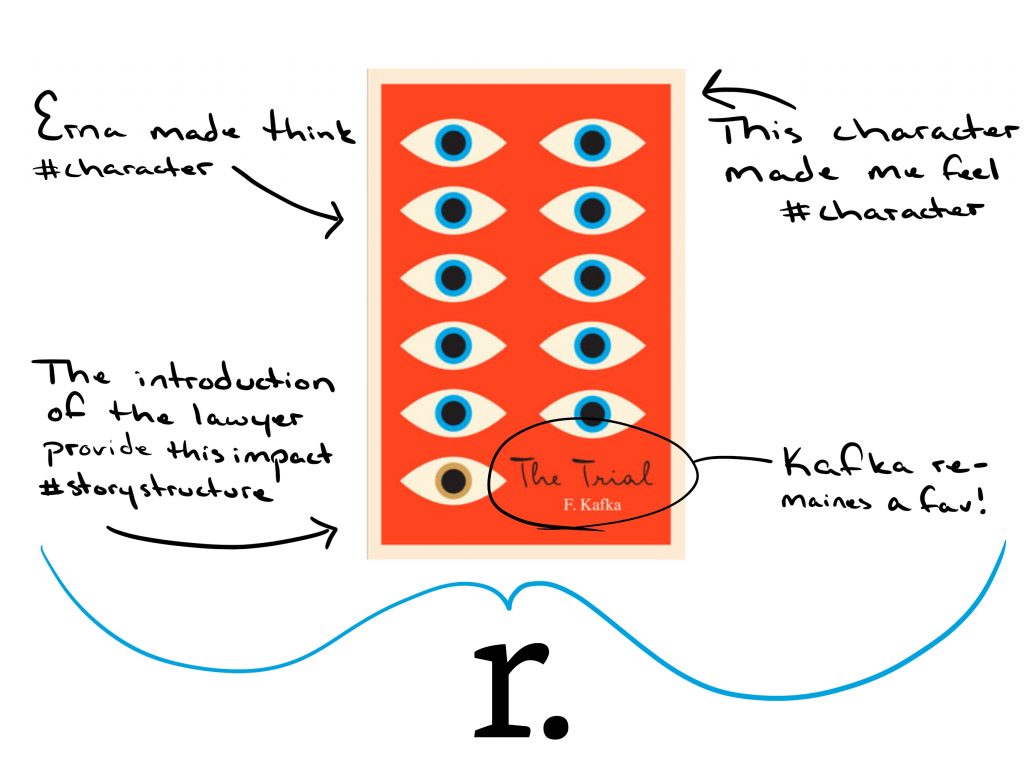
I have not talked about my writing process as I have not shared much about my writing. (Ignoring the countless past blogs I’ve had on varying topics.) Nor have I talked about how I read books. At the core of both these items is the application Readwise. This post is to share knowledge about Readwise and show how I use this tool. You’ll also be able to glean a bit of my writing process.
About Readwise
Readwise is a service that allows you to save highlights from various sources such as Pocket, Kindle, or Twitter. You can even manually enter a highlight by taking pictures of the passage you want to save and convert it to text.
Daniel Doyon and Tristan Homsi developed the service and continue to work on new features and integrations such as the recent Notion syncing, and Airr app integration to highlight podcasts.
Readwise is a paid service. They offer two levels: Lite and Standard. In Lite, the price is $4.49 per month, but you are billed annually. You can do basic highlight and syncing with your connected sources. The Standard is $7.99 per month billed annually. It adds tags, notes, Notion export, and more.
Note that the items I discuss below are with use of the Standard feature that allows tagging, notes, and Notion.
How I Use Readwise
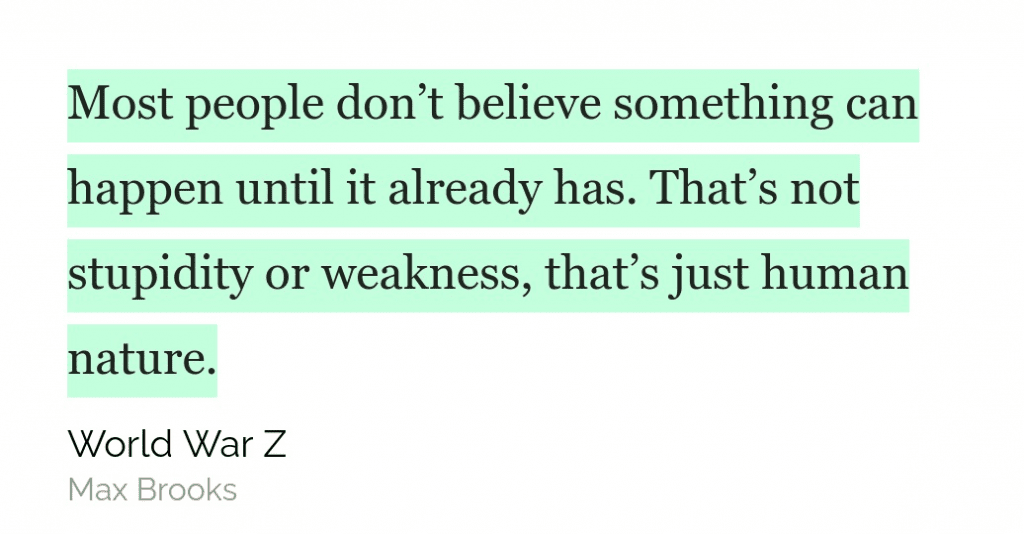
Moments
Once you connect Readwise to your other services such as Kindle, it synchronizes the highlights you’ve selected and turns them into a collection of rotating highlights.
Some of these highlights are ones I’ve directly selected, and some are supplemented from the same book and or similar books on the topic. These highlights are all then prepped and sent to you for a review via a morning email, or tap of the mobile app.
The reminder time to review the highlights, as well as the highlights themselves, is configurable by you.
What I find great about this is that as I am presented with book highlights, I often find myself laughing at a moment I’ve read or pondering my frame of mind when viewing the notes I made about a particular highlight. Because it provides supplemental quotes, I can recall other sections of a book or text that I could explore a bit more, and often do.
This is not to mention the space repetition and active recall measures the tool provides by allowing you to convert highlights to question-and-answer templates for better memory retention. Readwise has a fantastic blog post regarding this very topic.
Digital Commonplace Book
If unfamiliar with the term, a Commonplace Book is a book to record or compile knowledge. It isn’t a journal. A journal is where you are reflecting upon the day, an idea, or experience. The Commonplace Book is where you are recording the things you are learning, or have learned.
By selecting text from articles I read online, or books that I have read, I am creating a digital commonplace book. This goes without saying that I, too, have a physical commonplace book that is a hybrid bullet journal and journal. Why not?
In this more constructive form, I use Readwise for prepping slides, blog posts & newsletters.
In short, to write.
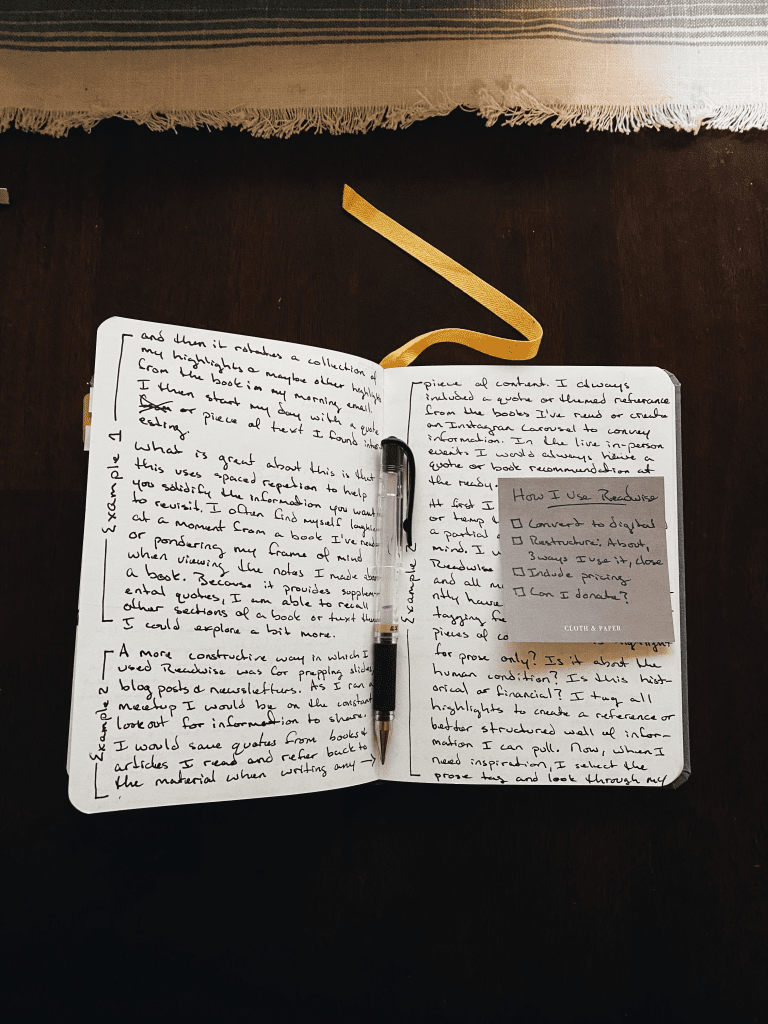
During my time running a Meetup, I would be on the constant lookout for information to share. I would save quotes from books & articles I read and refer to the material when writing any piece of content. I included a quote or themed reference from the books I’ve read or I would create an Instagram carousel to convey information. In the live in-person events, I would have a quote or book recommendation at the ready.
All retrieved from Readwise.
Only recently have I used the tagging feature to identify the pieces of content: is this highlight for prose only? Is it about the human condition? Is this historical or financial? Each highlight is now appropriately tagged and any notes or comments I have about why I am highlighting the text, or memories sparked, would be added to the highlight notes.
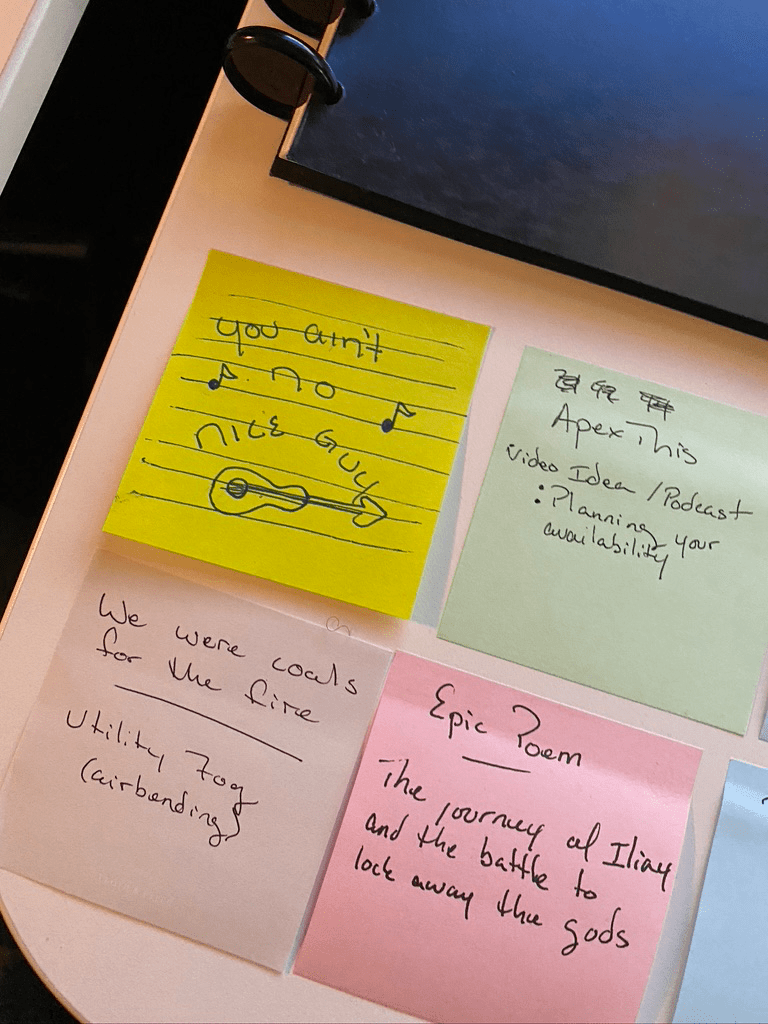
Tagging my highlights has allowed me to create a structured well of information.
When I need inspiration, I select the prose tag and look through my favorite examples of literature. If I need to recap story structure, I select the tag and review the examples I’ve noted.
With this, I can review & recall the works of others with ease. Even my own.
As things come to me, I may grab my notebook to write a scene or a post-it to capture a sentence, a question, or any other random thought. These sticky notes make their way to my desk where they reside until I’ve catalogued them into Readwise. I can then tag, search, and access ideas, quotes, & thoughts to use in my writing.
The Future
Minor improvements I am making to my reading and writing process are:
- introduction of index cards,
- Notion sync
Index Cards
I like to hand write things. It’s better for retention and it feels good. Currently, I grab whatever I can, my notebook or mostly sticky notes, to record an idea or quote. Soon, I will start the practice of writing these items on index cards. The notes, quotes, and ideas written on the index card will be categorized and kept for long-term physical storage and to use for reference.
As always, what I write will be scanned into Readwise.
Here is the start of the journey with 4×6 index cards and a wooden divider box that has a magnetic lid.
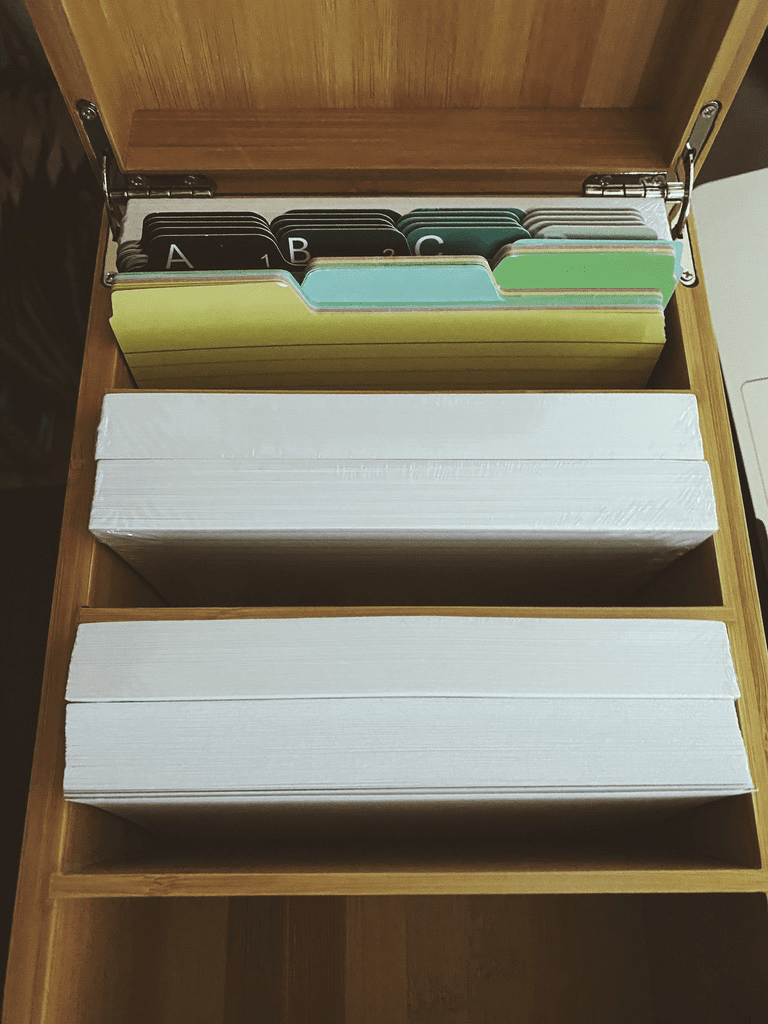
Notion
I recently discovered the Notion sync functionality. I use Notion as my documentation hub for varying projects. Weirdly, it’s not where I write.
Readwise synchronizes to Notion copying down all your highlights. Each “book” is a page itself filled with a link to the source (Amazon or other), and the page is filled with your selected quotes, tags, and highlights.
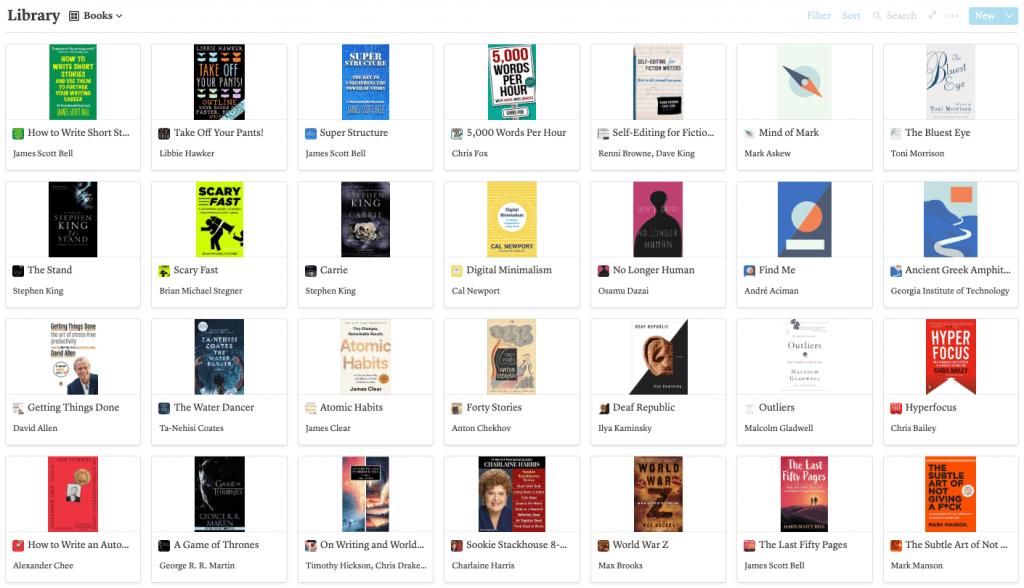
There is a limitation here as there is currently no API for Notion, but it is a great start for a feature. I now use it in tandem with my Bookshelf to link my book to the corresponding quotes. These are further interlinked for any book reviews I post here, or I write and discuss on The Productivity Lab.
Closing
While not an app or service review, I thought I would briefly share my thoughts and the manners in which I use Readwise. It has quickly become a core to my reading and writing workflow, with its fantastic ability to synchronize my digital highlights. It is also a great backup to my physical practice of creating highlights (not all my books are ebooks), by not only being digital but allowing me to export and sync these highlights to Notion.
I’ve also been introduced to other tools such as Hypothes.is which I used to collect highlights on articles and research I read online, while also making me aware of apps like Airr which allow the grabbing of highlights from podcasts.
I’m a fan. More people need to know about this amazing little tool. And I can’t wait to see what they add in the future.